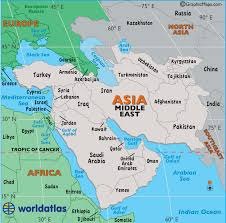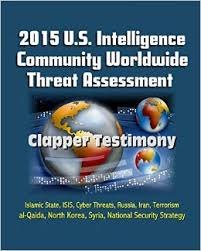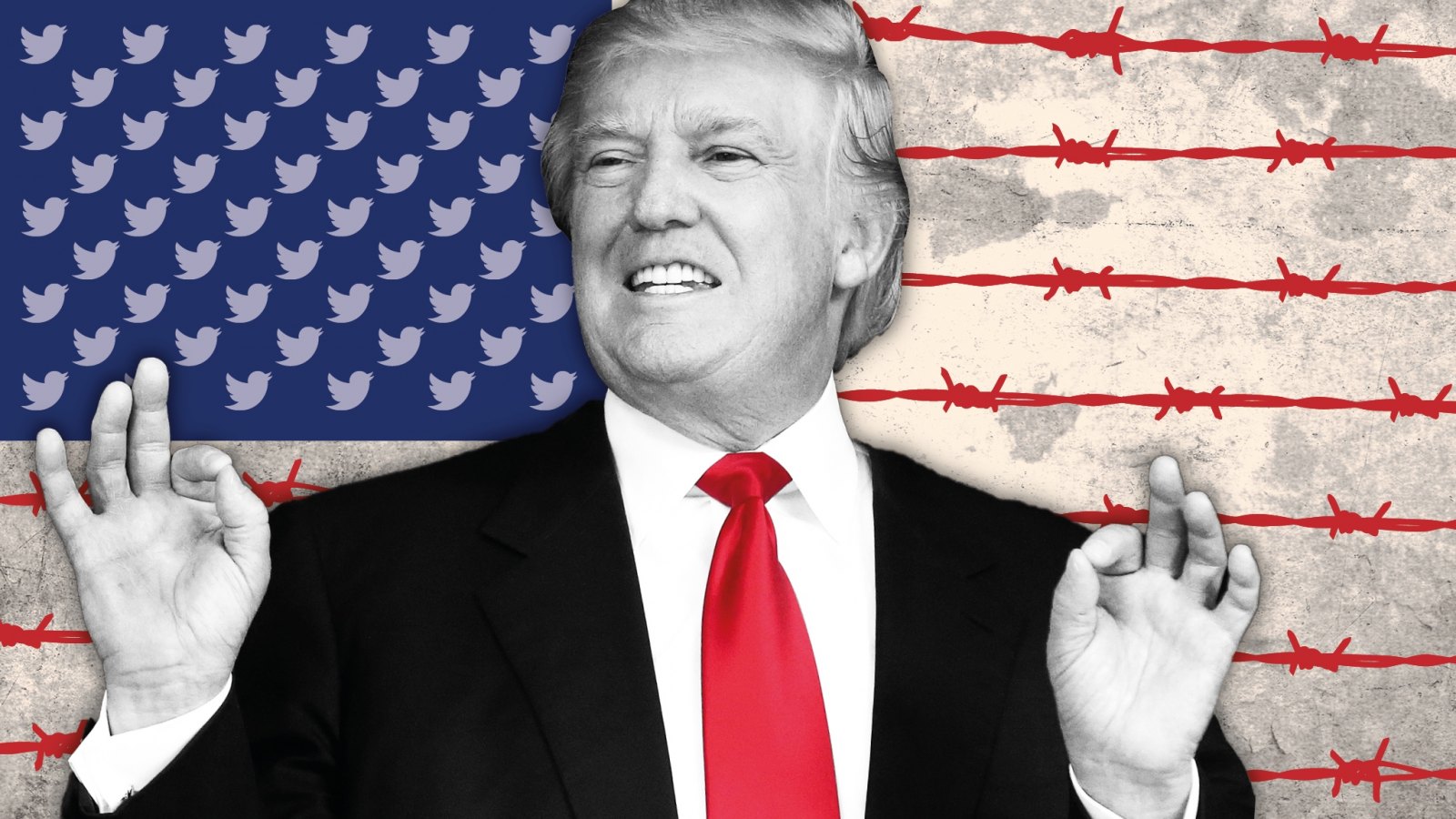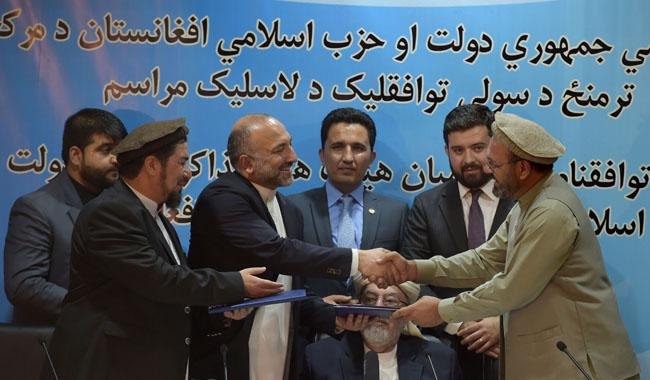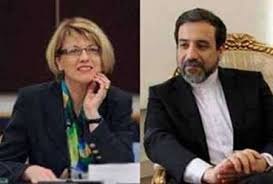The JCPOA in the Course of Implementation; Challenges and Prospects
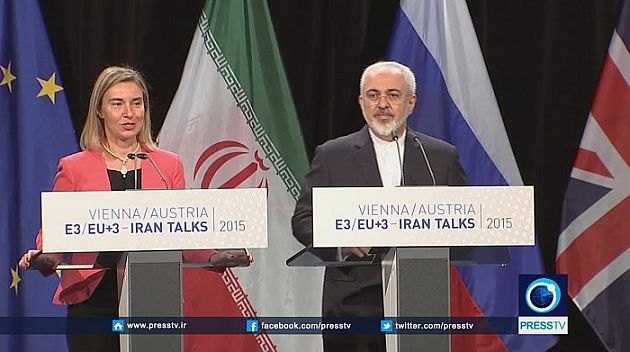
Mahdi Shapouri
There are five important dates in the The Joint Comprehensive Plan of Action (JCPOA): finalization day, adoption day, implementation day, transition day and termination day. . So far the parties to the JCPOA, have passed to two of the five dates namely the finalization day and the adoption day and they have entered the phase in which the JCPOA is going to be implemented.
According to the JCPOA, the number of centrifuges in Iran should be reduced to 5,060 active centrifuges at Natanz and 1,044 inactive centrifuges at Fordow. The work on removing additional centrifuges began as of November 2015.
At first, removing inactive centrifuges took place, the number of which amounted to 10 thousand. Before the presentation of the report of the IAEA on “current and past issues” or “Possible Military Dimensions” of Iran’s nuclear program, the Islamic Republic of Iran not only didn’t reduce the capacity of its low-enriched uranium (3.67 percent) to 300 kilograms, but instead added to its uranium stockpile.
During late December, Iran sold a great part of its enriched uranium to Russia and received natural uranium in return. The most important challenges in the course of the JCPOA‘s implementation were disturbing measures taken by the opponents of this agreement in Iran, US as well as Iran’s regional rivals and enemies.
The main measure brought to the agenda by the opponents of JCPOA in the US was the inclusion of a provision in the 2016 budget bill according to which the Congress passed a bill to amend the Visa Waiver Program and bar people who had traveled to Syria, Iraq, Iran or Sudan in the last five years from visiting the United States without a visa. People who are duel citizens of those countries are also now required to have a visa. Ambassadors of 29 European countries in the US, whose countries are interested in this issue, strongly protested against this act of Congress.
Another step taken by the Americans that could cause serious problems in the course of the implementation of JCPOA was announcing sanctions that would impose on Iran for the test of EMAD missile. A step that suddenly postponed by the Obama’s Administration later.
Provocative measures to force Iran towards taking unusual and unconventional measures were among the most important ways used by the Saudi Arabia aimed at disturbing the JCPOA. But more than any other issue, rising tensions between Iran and the US can lead to the failure of the agreement in its implementation phase. If Iran and the US would not manage to separate their problems and differences in various fields – which is of course a very difficult task – the successful implementation of JCPOA would be replaced by a tense implementation.
Comprehensive nuclear agreement between Iran and the P5 + 1 is passing its final stages. Iran has completed its obligations or is completing them. Predictions suggest that in the last week of January, “the implementation day” will be announced and subsequently all obligations of the parties under JCPOA would be implemented. As mentioned, Iran has met most of its obligations except the implementation of the Additional Protocol and the modified Code 3.1 that based on the agreement and according to Iranian officials; this would also be implemented on the “day of implementation”.
Reciprocally, nuclear-related sanctions against Iran would be halted or canceled. In addition to that, some other commitments of the P5 + 1 such as nuclear cooperation envisaged in JCPOA, the most important of which, is the participation in the renovation process of Arak reactor as well as cooperation with Iran in the field of Nuclear safety should be implemented. In the course of JCPOA’s implementation major challenges have been created mainly from the opponents and enemies of this agreement.
Although these challenges have affected the determination and the will of the parties to the agreement, but this does not necessarily mean that the situation would be sustainable. It is most probable that JCPOA and the process of its implementation face other challenges in the future, the addressing of which, could be difficult. However, by taking sensible and reasonable behavior, any problem in this regard can be solved. The experience of nuclear negotiations is a clear confirmation of this argument.

